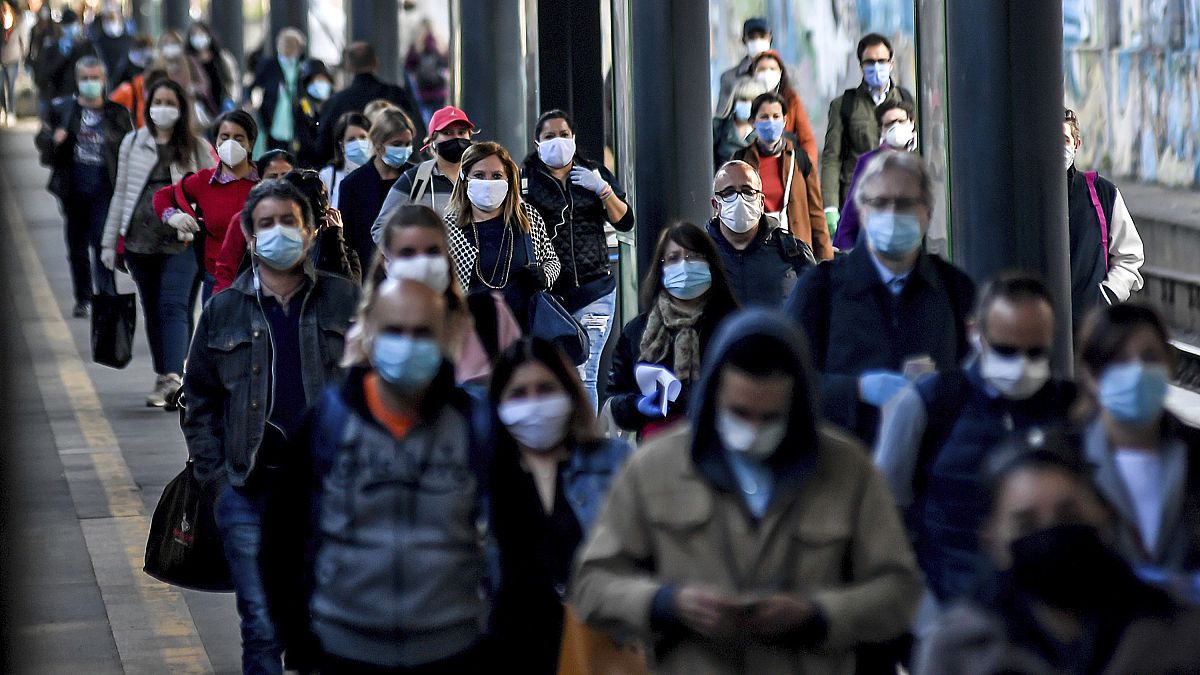Negotiators have tried to work out the details of a pandemic agreement, but now with another delay and elections in many countries, some worry motivation may wane. After more than two years of working to prevent some of the problems seen during the COVID-19 pandemic, countries have given themselves another year to hammer out the final details of a pandemic treaty. In the weeks leading up to a May deadline that was not met, diplomats working on the negotiations told Euronews Health they would sometimes argue over a paragraph of text for three to four hours with long nights and intense discussions to meet an overly ambitious timeline.
While several negotiators said they were optimistic about the prospect of coming to an agreement, they also expressed concerns that some of the challenges were related to age-old geopolitical differences that are not easy to iron out. “The sort of biggest drama in a way that developed during COVID-19 was the complete falling apart of solidarity between the countries,” said Ellen ’t Hoen, director of the organisation Medicines Law and Policy. “That vanished as soon as the vaccines emerged.

That the vaccines were developed so rapidly, that was fantastic. It was a result of massive government financing, but the governments that put the money up also said we want to be first in line,” she added. “There was no sharing of the vaccine in an equitable manner”.
The goal of a pandemic treaty is in part to prevent this failure, with an agreemen.























